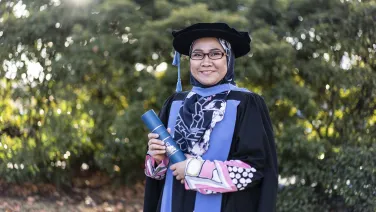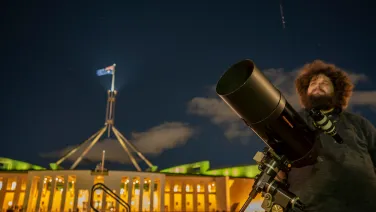Telling their stories: how Indigenous social enterprises strengthen connections to culture
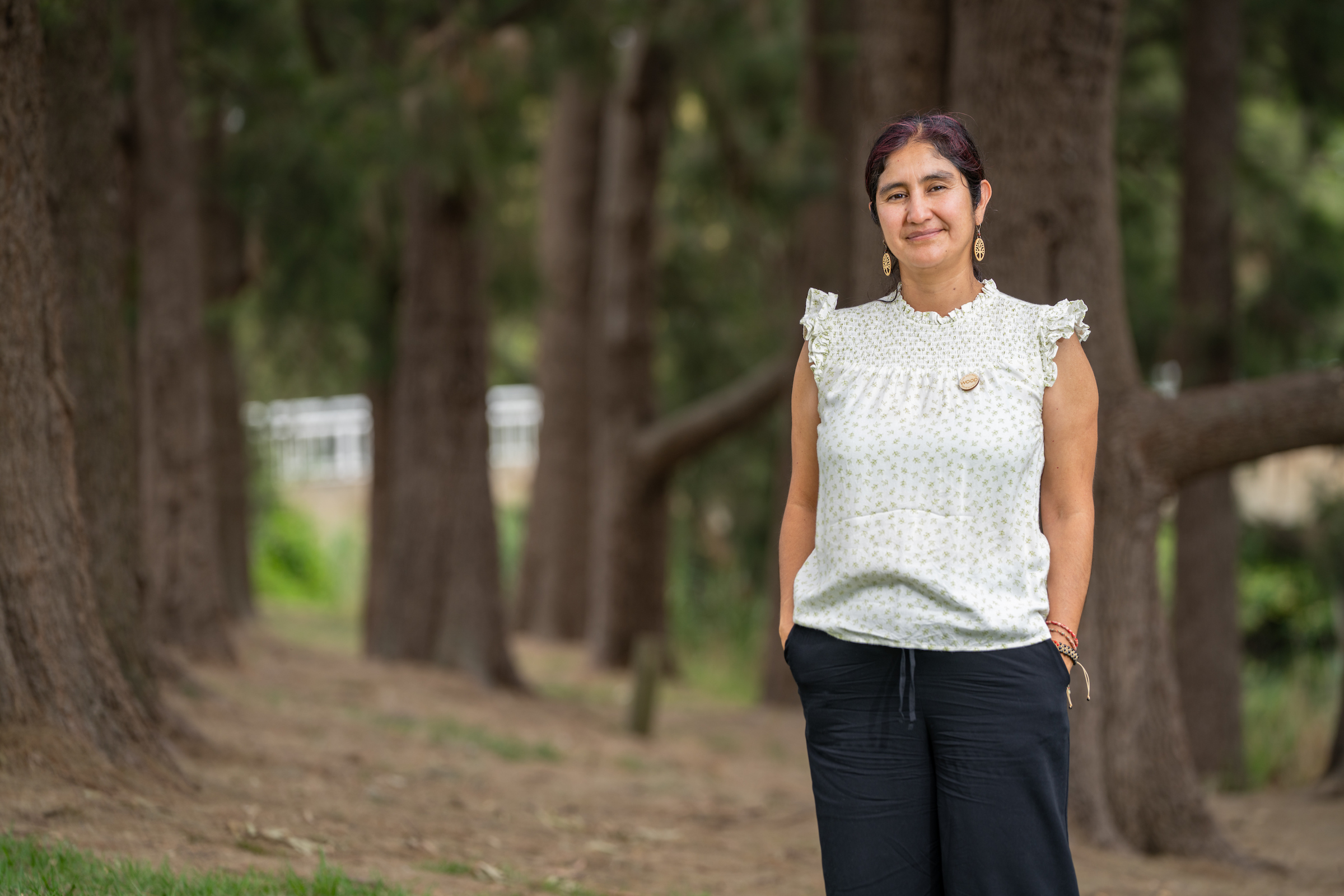
What is your PhD on?
It took me some time to get to the point where I can explain my PhD thesis in simple words, but now I can: my research is about the role of social enterprises, using natural resources, led by Aboriginal women here in Australia.
Specifically, I would like to understand from the women’s point of view, what are their aspirations and the benefits of participating in social enterprises, and also what are the challenges they are facing to achieve those aspirations.
Which social enterprises are you looking at?
The first group I am collaborating with is the social enterprise Bush Medijina. The members transform traditional bush medicines into skincare products that are distributed in Australia and overseas. They are based on Groote Eylandt (Northern Territory), managed by the Anindilyakwa Services Aboriginal Corporation, and run by Anindilyakwa women.
The other group I am collaborating with is Waminda in the Shoalhaven region of New South Wales. About two years ago they decided to go into the bush food business, and they just opened a café in the main street of Nowra this year called Blak Cede.
There’s a big contrast between these two corporations because of historical contexts and the natural landscape, so that is very interesting.
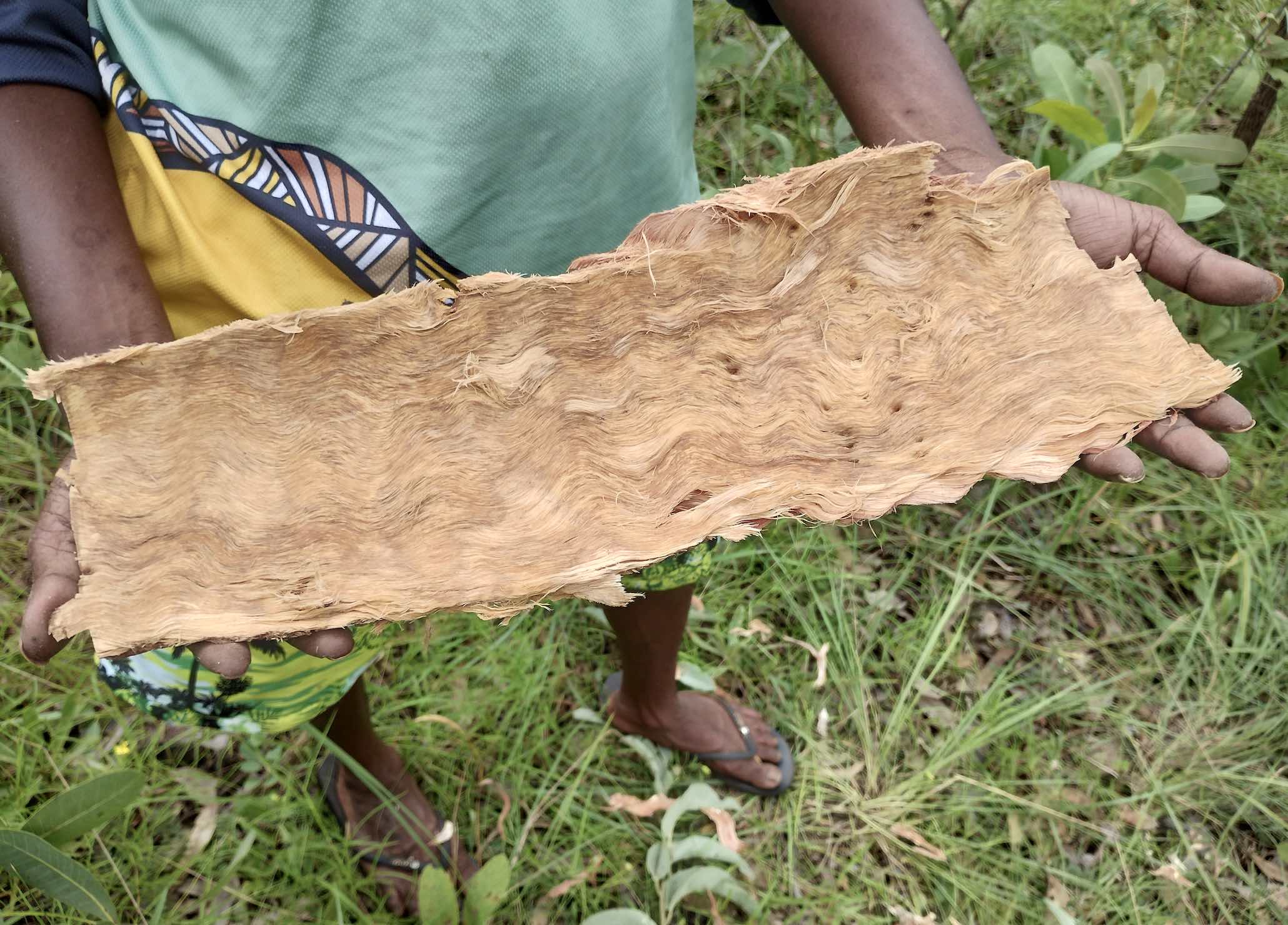
What brought you to this research topic?
I come from Peru and before I moved to Australia, I was working in conservation and development projects with Indigenous communities in the Amazon. I am of Indigenous American descent myself, and I knew when I came here, I wanted to learn more about the original First Nations peoples in Australia.
My last project as a forester in Peru was looking at how Indigenous people used non-timber forest products, such as using seeds to make jewellery. My experience was that it brought many benefits, mainly to women, and I wanted to use this knowledge bank to explore the social benefits of bush products in Australia
What have you have found so far?
The benefits are so much more than just economic development, though that is also very important. There is deep social and cultural strengthening.
In the New South Wales community I have been working with, for example, there had been knowledge within the community about how to use plants in bush foods or bush medicines, but it had gone dormant. And some of the old ladies I talked to said, ‘We have the knowledge and want the younger women to recover that knowledge.’
And now we can see with this corporation, the women are really strong in their commitment to practice that cultural knowledge, and it's strengthening the connection between the older and younger women – as well as giving them opportunities for jobs and developing other skills.
Have you tried their products?
Oh, yes! My favourite product from Bush Medijina is the sleep balm. My daughter loves the lip balm; she prefers it to any other lip balm in the pharmacy. My son loves the miracle balm because he has really bad eczema and there is no other thing that helps him. From Blak Cede, I like the citrus salt, and the Deadly Medley granola, which is a combination of bush foods with mainstream ingredients.
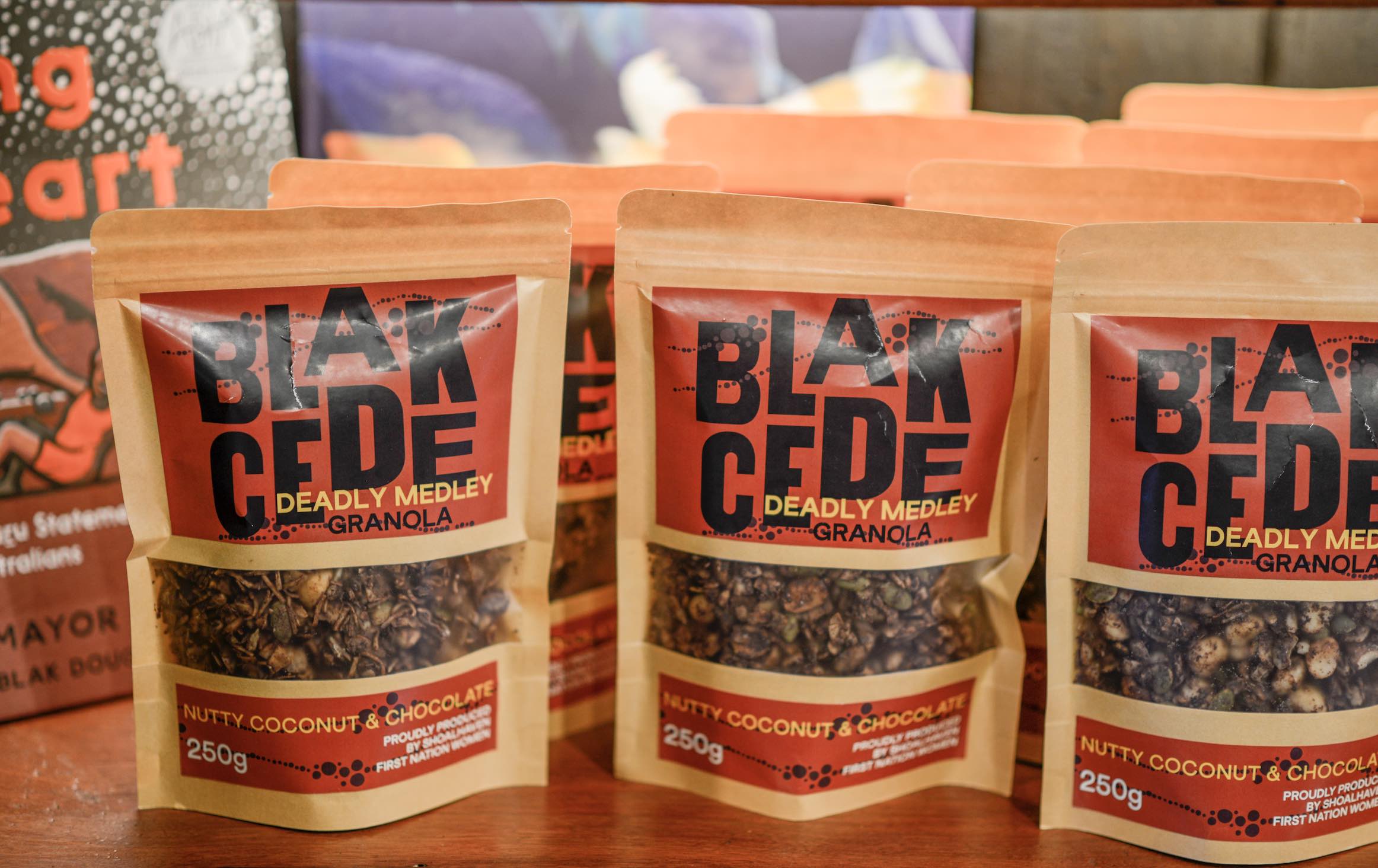
What has been your favourite part of your PhD experience?
Every step is different. I started in February 2020, so Covid was around the corner. The most important decision I took, supported by my panel, was to move my studies to part-time, which paid off because I had extra time to engage with the corporations.
Then, there was some stress to get funding and ethics approval but after that, I started fieldwork, and I really enjoyed that. The only sad thing is that in Groote Eylandt you can’t swim in the sea or the river because of the crocodiles! But the women took me to some special places where I could swim.
Now, I have finished my fieldwork, and I am putting all the stories together and that is also exciting but challenging. But finally, I can see it all coming together.
I still have a couple of years to go. Working with First Nations people requires time and understanding because there are many circumstances that the community is experiencing, and you have to be respectful of that.
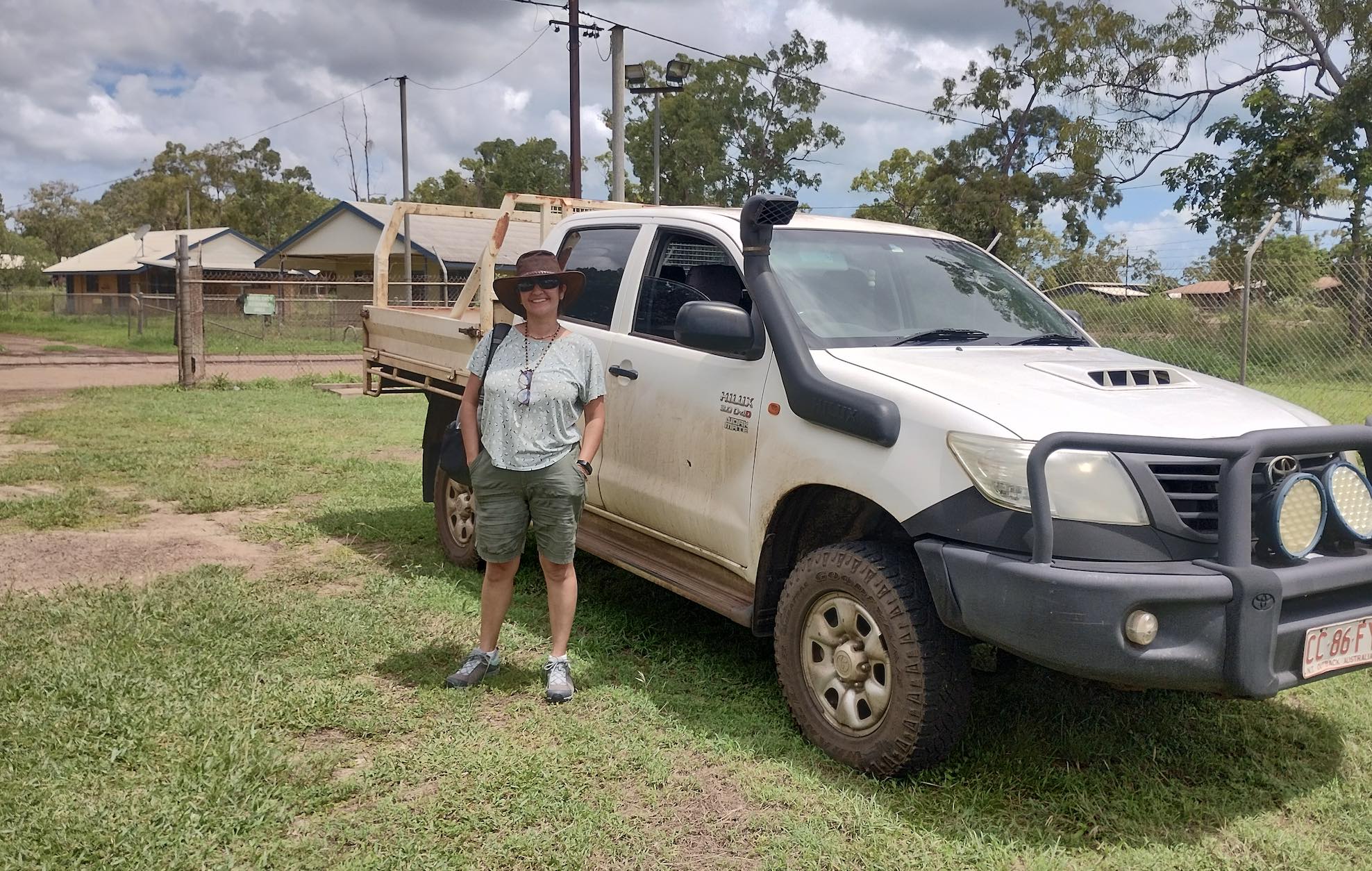
What do you hope the outcome of your research will be?
My aim is to return to the communities and share what I have put together and get feedback. I would like to give useful knowledge back to them so they can apply for grants showing the importance of social enterprises. I hope to co-author some chapters with them too because this is not my story. The only thing I’m doing is collecting their stories and putting them together. But hopefully I can transmit them well.

